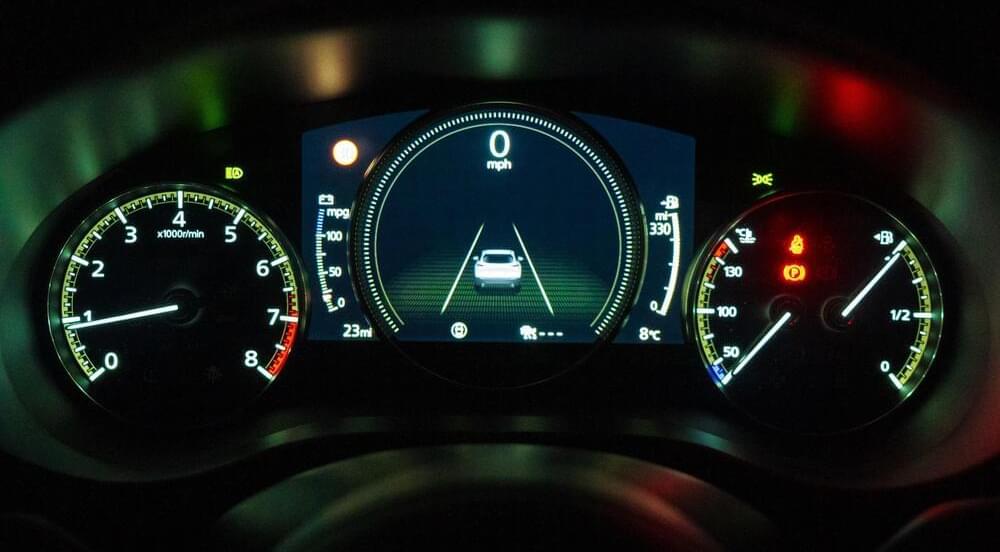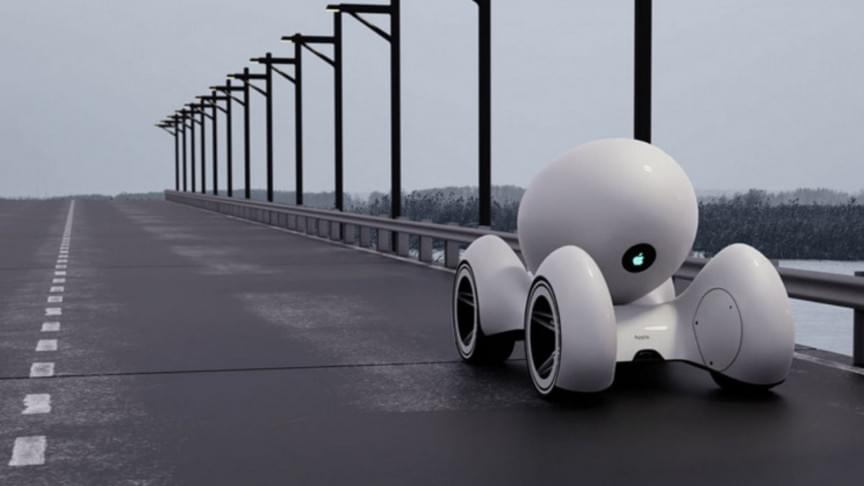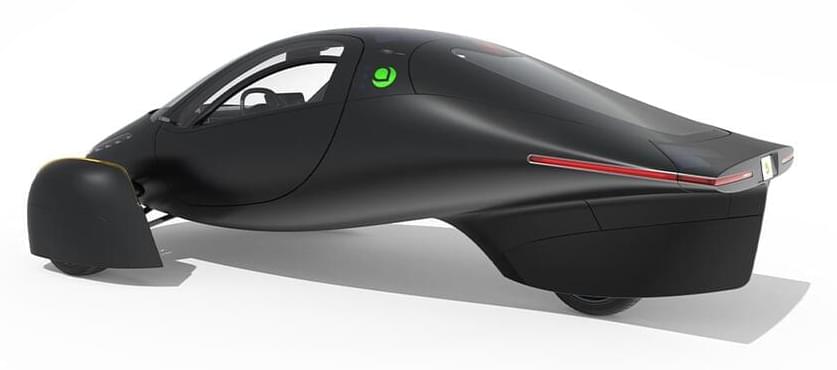Apr 24, 2022
Here’s how automation could affect the relationship between us and our cars
Posted by Shubham Ghosh Roy in categories: robotics/AI, transportation
An automated system called Guardian is being developed by the Toyota Research Institute to amplify human control in a vehicle, as opposed to removing it.
Here’s the scenario: A driver falls asleep at the wheel. But their car is equipped with a dashboard camera that detects the driver’s eye condition, activating a safety system that promptly guides the vehicle to a secure halt.
That’s not just an idea on the drawing board. The system, called Guardian, is being refined at the Toyota Research Institute (TRI), where MIT Professor John Leonard is helping steer the group’s work, while on leave from MIT. At the MIT Mobility Forum, Leonard and Avinash Balachandran, head of TRI’s Human-Centric Driving Research Department, presented an overview of their work.
Continue reading “Here’s how automation could affect the relationship between us and our cars” »
















